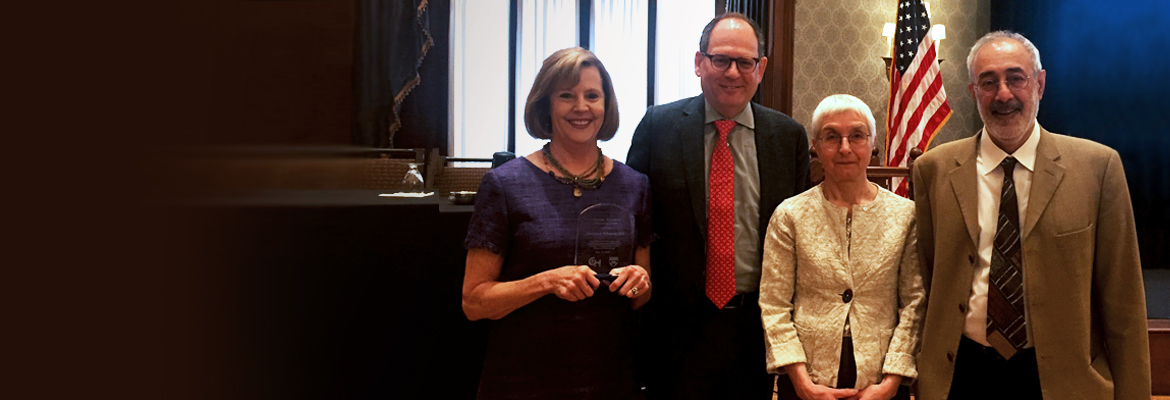After a lifetime of innovation and care, world-renowned pediatric orthopaedic surgeon Robert Campbell, MD, passed away peacefully in July. A true innovator, Dr. Campbell’s thought-leadership and inventions changed the care for children with complex and life-threatening spine and chest wall deformities. He is best known as the inventor of the vertical expandable prosthetic titanium rib, or VEPTR, the first device approved by the FDA to treat thoracic insufficiency syndrome (TIS), a rare congenital condition affecting children in which the thorax cannot support regular growth or breathing. By separating the ribs and helping to straighten the spine, the VEPTR is designed to give children’s lungs room to grow, allowing them to breathe without the aid of ventilators. Left untreated, TIS can be devastating. As children with TIS grow, the condition causes the chest wall to become deformed and can ultimately lead to death due to respiratory insufficiency. However, since Dr. Campbell implanted the first VEPTR in 1989, the device has proven to be a lifesaver. His invention has become the standard of care throughout the world, saving or extending the lives of children with previously untreatable conditions.
Dr. Campbell led a Journal of Pediatric Orthopaedics study that showed the VEPTR treatment improved Jeune syndrome (a severe form of TIS) patients’ survival to nearly 70 percent, compared to a 70 to 80 percent mortality rate without treatment.
But his contributions didn’t stop with the development of VEPTR. After joining Children’s Hospital in 2008, he launched CHOP’s Center for Thoracic Insufficiency, attracting children from around the world, many of whom were told "nothing can be done." He created a team approach to care, collaborating closely with pulmonologists, thoracic surgeons, intensivists and radiologists to optimize treatment of children with severe spine and chest wall deformities. In addition, his innovation formed the basis of a new CHOP Frontier Program to improve outcomes for patients with TIS.
Dr. Campbell traveled worldwide, training surgeons in the use of VEPTR and assisting them with their most difficult cases while consistently and compassionately caring for patients and their families. He was the recipient of numerous awards for his innovations over the course of his career, including the Life Sciences Pennsylvania's (formerly Pennsylvania Bio) Patient Impact Award. Shortly before his passing, the National Organization for Rare Disorders Inc. honored him and his pioneering work with their Lifetime Achievement Award.












